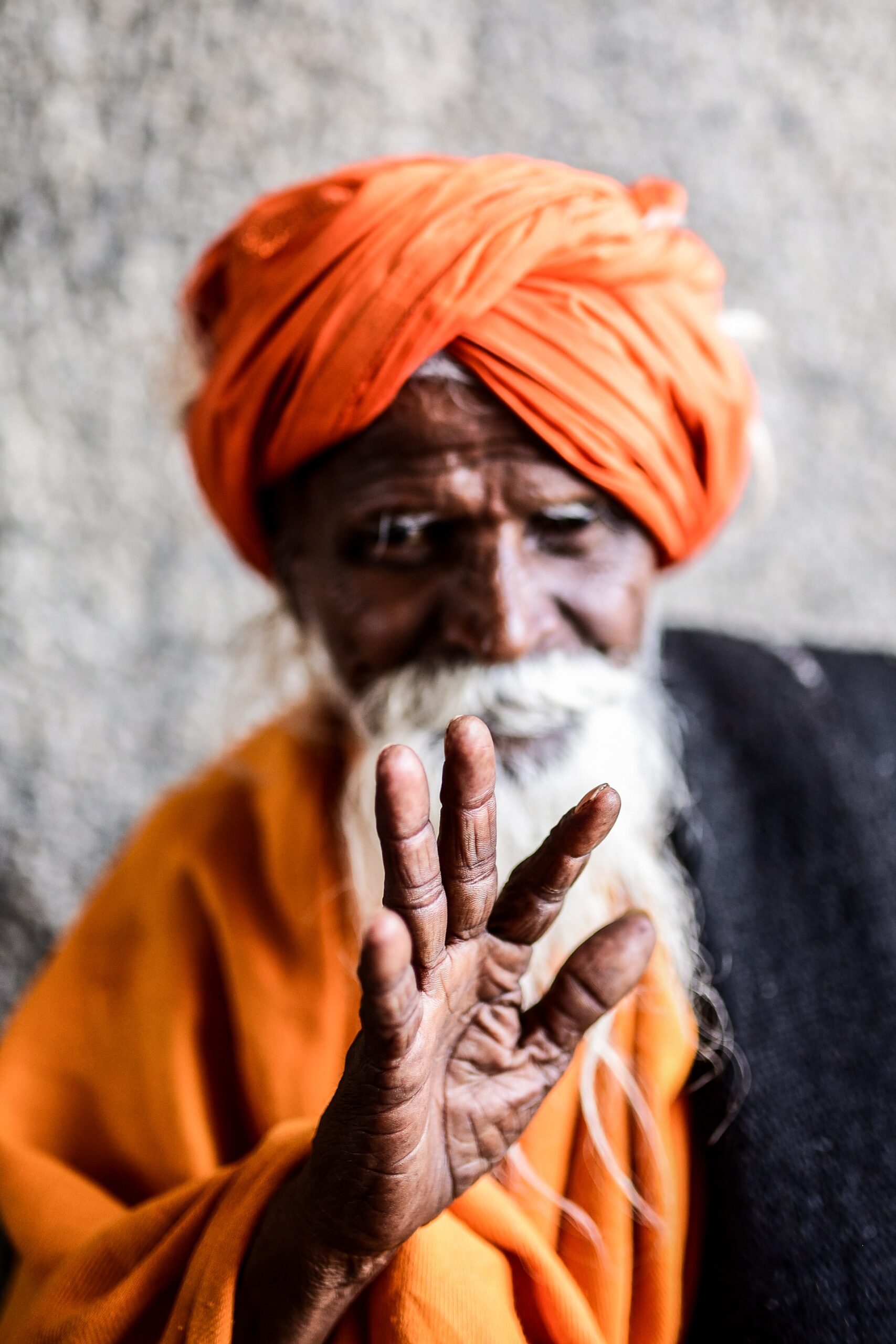The Evolution Of Clinical Trials In India

While there is no denying the fact that clinical trials in India have an impact on the lives of countless people across the world, the lack of adequate infrastructure and clinical facilities in many countries has left them far behind when it comes to the advances made in modern medical research. One of the reasons for this phenomenon can be attributed to the dearth of sufficient medical staff and the inability of hospitals to expand their diagnostic medical equipment. Indian hospitals are known to focus on the quality of life rather than cost, which often leaves little scope for investment in research facilities. However, clinical research in India continues to grow at a rapid pace with the necessary investments made by governmental organizations in the research and development of new technologies. A recent report published by McKinsey & Company highlights that only 12% of hospitals in India are able to meet international standards for primary lab research, while research work in the field of biomedical technologies continues to witness significant expansion.
While clinical trials in India often differ from those abroad, the common thread in all is the inclusion of larger numbers of people from diverse socio-economic backgrounds to broaden the scope for clinical research studies. The recruitment of researchers from underdeveloped countries is one of the fastest-growing challenges faced by medical researchers in India. Similarly, there has been a serious lack of communication between the pharmaceutical companies based in India and the clinical trial authorities in the different countries. Most of the clinical trials in India involve small participant numbers and the researchers often face problems in communicating with trial organizers and those responsible for enrolling people for such studies. This can hinder the ability of the researchers to accurately represent the interests of the trial participants.

Although there are ample measures in place to curb this situation, there has been little success in bringing about major changes in the attitude of local authorities towards clinical research. There are also reports of severe irregularities in payments to researchers by the organization of the clinical trial. However, despite the odds, clinical research in India will continue to witness remarkable advancements in the coming years. With the right set of policies in place at the beginning, it would be easy for researchers to get a foothold in the country’s booming clinical research industry. The right policies should be adopted by regulatory authorities and the Indian Institutes of Technology to ensure that there is no bias at any stage in the clinical trials.

Ryan is a journalist specializing in India’s economic landscape, covering topics like business trends, innovation, and the growth of small and medium enterprises.